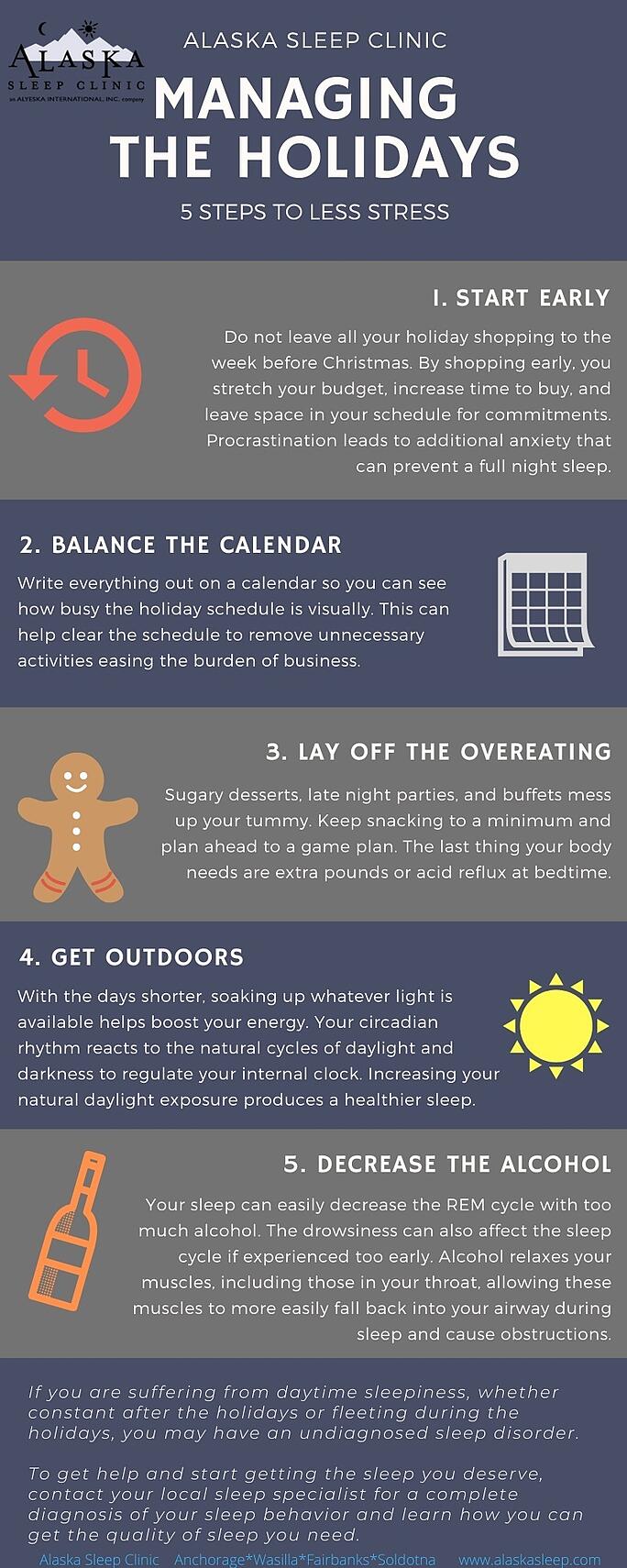Getting Sleep When the World Seems to Be Falling Apart
Between the worries about keeping ourselves and our loved ones safe, as well as the rippling effects of a crashing economy, most of us are having trouble sleeping. We turned to the archives, to find some of the best tips for salvaging your sleep in the midst of nonstop worries. Here is some of what we found:
Why Anxiety Wakes You Up at Night, and How to Reclaim Your Rest
When you’re dealing with stress during the waking hours—like a deadline for a big project that’s looming or a trip you’re about to take the next morning—your brain can mimic that pattern and send you in to a stressed, panicked state even after you’ve been removed from the immediate stressor. The end result? We wake up in the middle of the night, after we’ve managed to relax, stressed out about work or that flight we need to catch.
Right now, most of us are in a nonstop panic mode, which is going to cause interruptions to our sleep.
Suggestions for sleeping better include getting up and out of bed, distracting yourself, make exercise part of your daily routine, writing out a to-do list, avoiding watching the clock, and making an effort to relax and stay relaxed.
How to Get Some Rest When Stress Is Keeping You Up at Night
It’s the middle of the night and you know you should be sleeping, but you can’t. […]Of course, if getting back to sleep were as easy as “just put it out of your mind and relax,” there wouldn’t be a problem. Lying there isn’t going to help, so when you find yourself stressing out, stop and get out of bed. Doing something else for a little while will help you shake it off.
Tips for sleeping better even under stress include walking around a bit, having a cup of tea to get your mind off things, meditating, avoiding screen time, limiting your use of sleep drugs, and avoiding work.
Avoid Anxiety-Inducing Topics of Conversation Right Before You Go to Bed
This one may be hard, but it might be best to save conversations about issues that cause stress, anxiety or other strong emotions, which is pretty much anything and everything happening in the outside world, for during the day, rather than before you go to bedtime. As the article notes:
Of course, that’s not to say that you can’t talk about things that are bothering you if those conversations will be a relief. Voicing your emotions is a powerful way to deal with them. If you need some comfort or are generally worried, feel free to speak up. However, if you’re just going to dwell on something outside your control that can wait, give yourself time to rest instead.
Given everything going on right, this would include avoiding looking at news stories or social media. The outside world can wait, just a little, while you rest and recover.
How to Recover From a Nightmare
A lot of people are reporting especially vivid dreams and nightmares, a sign that even during sleep, the stress of the world is creeping in. Even when you know that it was just a dream, nightmares can bring their own added stress. Feeling depressed and anxious after a nightmare is normal. It’s important to acknowledge these feelings, and then to try and process the contents of the dream.
Right now, we are all dealing with an unprecedented situation, one that is stressful and anxiety-inducing and doesn’t come with a clear end. Losing sleep over what is happening is normal, but it’s also an effect that can be mitigated. So pick a strategy, try it out, and if that doesn’t work, try something new.
While you’re trying to improve your sleep, keep washing your hands, practice physical distancing, and do everything else in your power to keep you and yours healthy and safe. After all, one of best ways to stave off the worries that keep you up at night is to do everything you can during the day to make life better.



